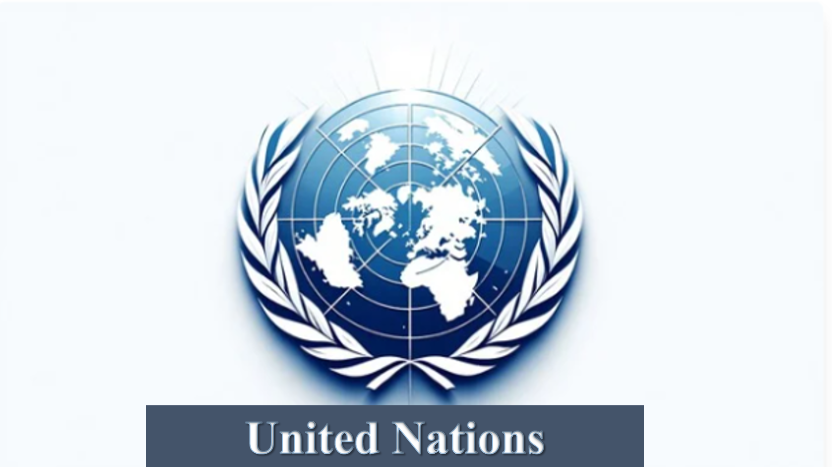The UN International Independent Expert Mechanism to Advance Racial Justice and Equality in Law Enforcement has urged Belgium to take concrete action against systemic racism affecting Africans and people of African descent. The findings, released after a 10-day investigation, highlight racial profiling, police brutality, and disproportionate incarceration rates as key concerns.
Colonial Legacy and Institutional Discrimination
UN expert Tracie Keesee emphasized that Belgium’s colonial past continues to shape modern racial injustices, stating:
“It is a legacy of enslavement and colonialism, whose long-lasting impacts continue to be felt today. Belgium must continue to take concrete steps towards reparatory justice by confronting the legacies of its history.”
The report also noted the absence of a broad public conversation on racial discrimination, reflected in the continued presence of memorials honoring King Leopold II, a figure associated with atrocities in Africa.
Overrepresentation in Prisons and Workplace Discrimination
Experts highlighted overcrowding in Belgian prisons, where Africans and people of African descent are disproportionately incarcerated. Additionally, a European Union Agency for Fundamental Rights (FRA) report found that:
- 45% of respondents reported an increase in racial discrimination.
- 34% faced racial profiling when seeking employment.
- Young people of African descent were more likely to leave school early due to racial abuse.
Legal Framework and Calls for Reform
Belgium’s anti-discrimination laws, including the Laws of 10 May 2007 and 30 July 1981, provide legal protections but face challenges in fully addressing inequalities. The 2023 Federal Parliament’s adoption of new anti-discrimination measures remains under review.
Conclusion
The UN report underscores urgent reforms needed to combat systemic racism in Belgium. Experts recommend strengthening independent oversight, expanding community policing, and ensuring affected communities participate in policy changes.



